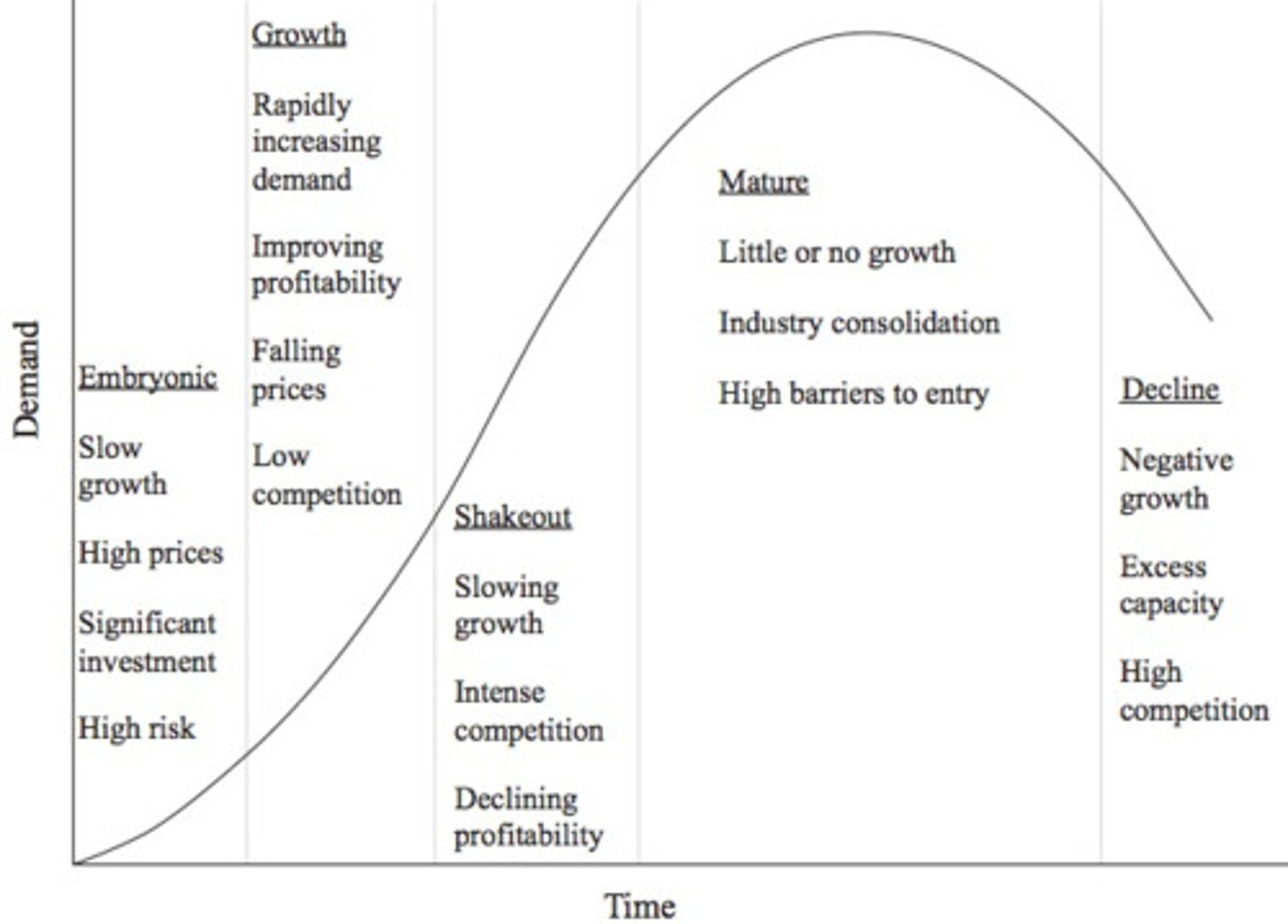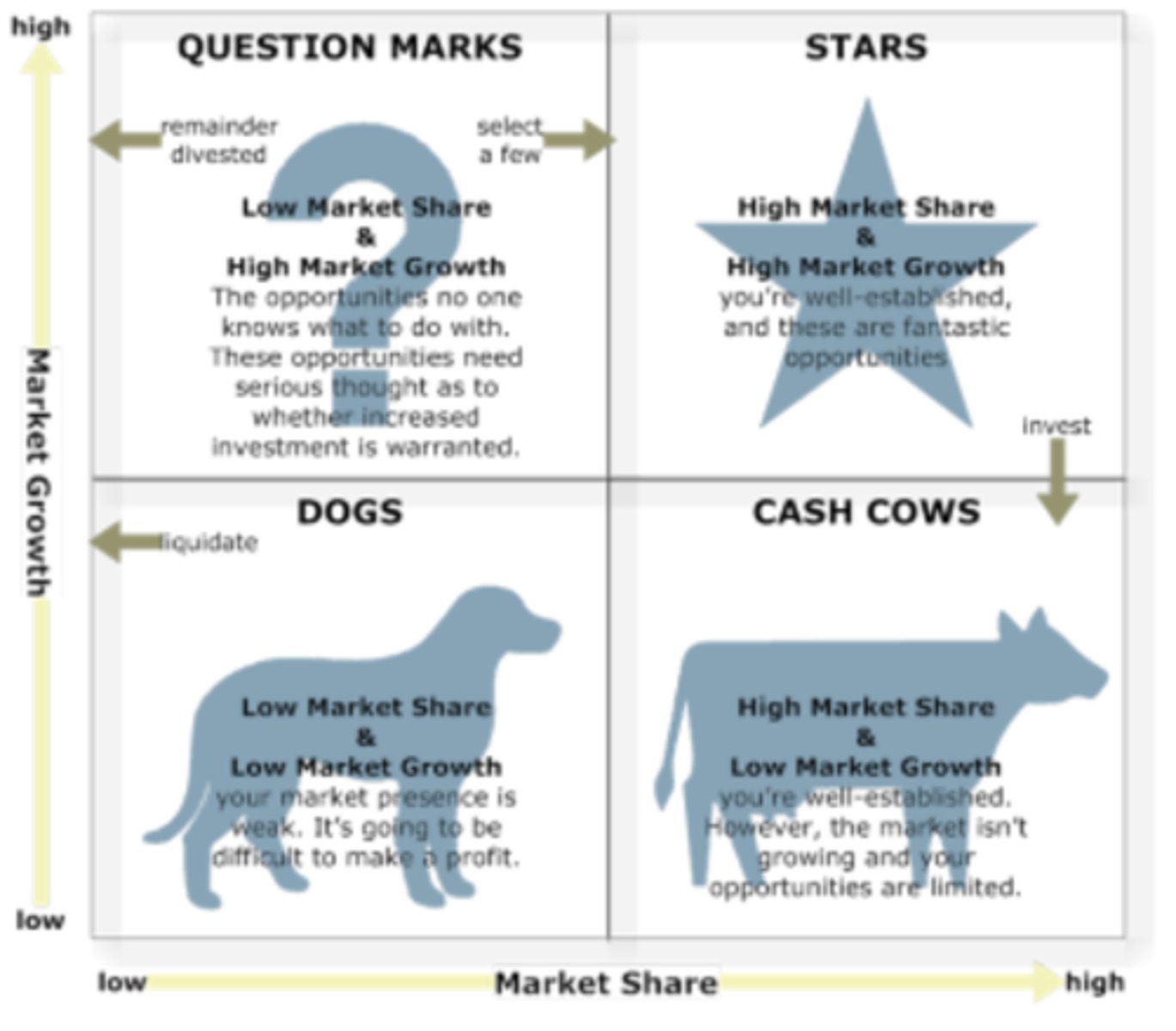Unit 3 - Decision making to improve marketing performance (copy)
1/40
There's no tags or description
Looks like no tags are added yet.
Name | Mastery | Learn | Test | Matching | Spaced | Call with Kai |
|---|
No study sessions yet.
41 Terms
Marketing objective
A target set for the marketing function, for example to increase sales by 10% within 3 years
Relationship marketing
An approach to marketing in which a company seeks to build long term relationships with its customers by providing consistent satisfaction
Business ethics
Refer to whether a business decision is perceived as morally right or wrong
Sales value
Measures the level of sales in a given period in pounds sterling (in the UK)
Sales volume
Measures the level of sales in a given period in terms of units sold
Market share
Measures the sales of one brand or business as a percentage of total market sales in a given period
Sales growth
The percentage change in sales volume or value over a given period
Market growth
The percentage change in the total sales in the market over a given period
Globalisation
The increasing trade between countries and the growing internationalisation of businesses
Competitiveness
Measures the extent to which a business offers good value for money relative to competitors
Marketing research
Involves gathering and analysing data relevant to the marketing process
Primary market research
Involves gathering data for the first time
Secondary market research
Uses data that already exists
Target population
All the items or people that are relevant to the market research being undertaken
Sample
A group of people or items selected to represent the target population
Market mapping
Analyses market conditions to identify the position of one product or brand relative to others in the market in terms of given criteria
Confidence level
The probability that the research findings are correct
Confidence interval
The possible range of outcomes for a given confidence level
Brand
A "promise of an experience" and conveys to consumers a certain assurance as to the nature of the product or service they will receive
Patent
Protects new inventions and covers how things work, what they do, how they do it, what they are made of and how they are made
Trade mark
A sign which can distinguish the goods and services of a business from those of its competitors
Price elasticity of demand (PED)
Measures how responsive demand is to changes in the price, all other factors constant

Income elasticity of demand (YED)
Measures how responsive demand is to changes in the income, all other factors constant

Big data
Refers to large and complex data sets
Segmentation
Occurs when similar customer needs and wants are grouped within a market
Market segments
The groups of similar needs and wants within a market
Targeting
Occurs when a business decides which segments it wants to operate in
Niche marketing
Focuses on a particular segment of the market
Mass market
An approach that aims to provide products that meet some of the needs of the a large proportion of the market
Positioning
Identifies the benefit and price combination of a product relative to competitors
Marketing mix
The 7 Ps, Product, Price, Place, Promotion, People, Process and Physical evidence.
Consumer products
Goods bought for consumption by the general public
Industrial products
Goods bought for use in business processes
Product life cycle model
Shows the sales of a product over its life

Product portfolio analysis
Examines the market position of all of the products of a business, for example in terms of market share or market growth
Boston Matrix
Analyses all of the firm's products in terms of their market share and the growth of the market

Balanced portfolio
An appropriate mix of products in terms of their market shares and market growth
Social media
Refers to the social interaction among people where they create, share or exchange information and ideas in virtual communities
Viral marketing
A marketing technique that uses social media and networks to raise brand awareness and boost sales by getting users to recommend the promotional campaign to others
Multichannel distribution
Means that customers can buy the product in several ways, for example in store, online or 'click and collect'
E-commerce
The buying and selling of products through an electronic medium such as the internet